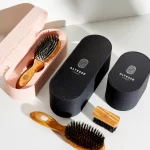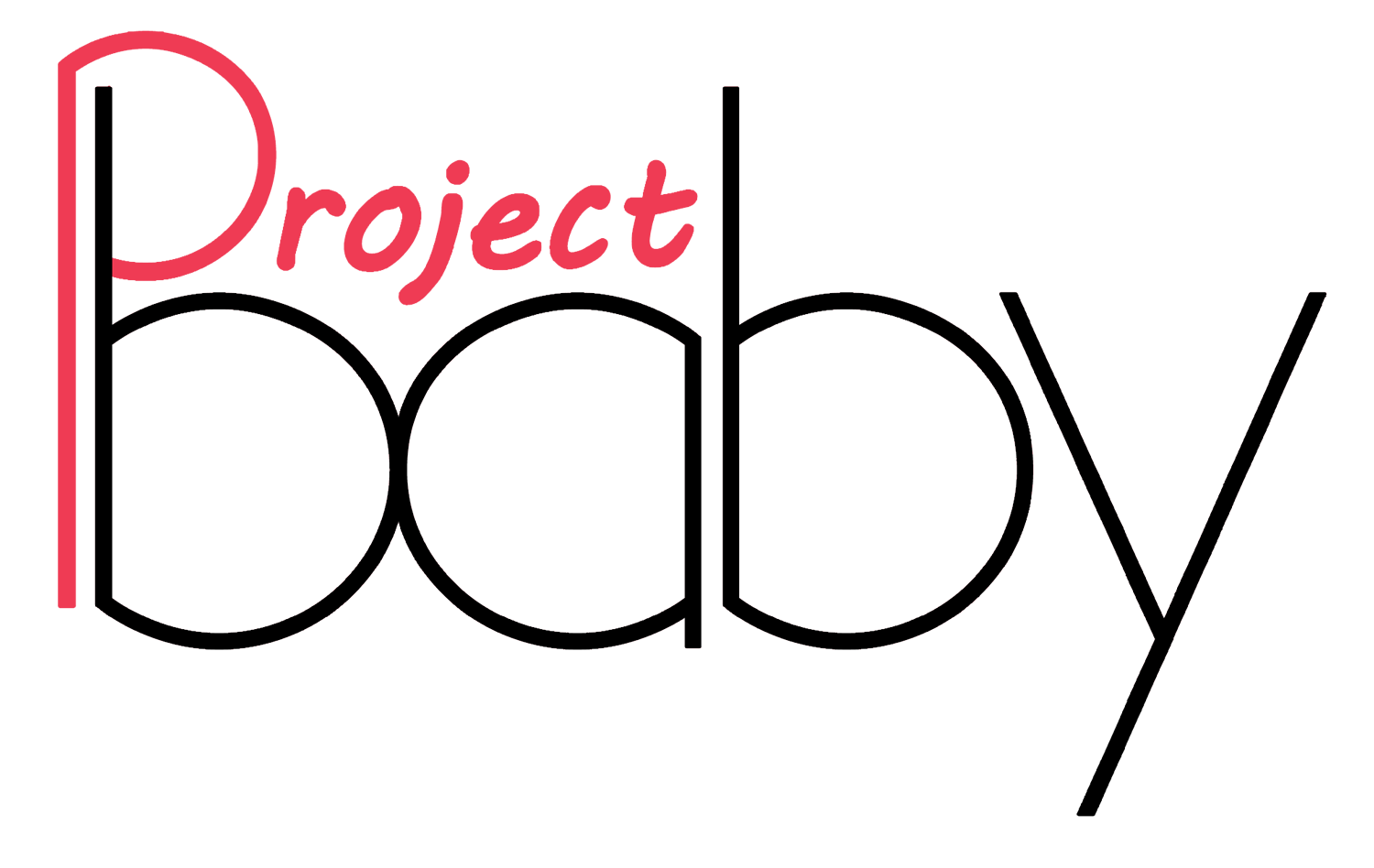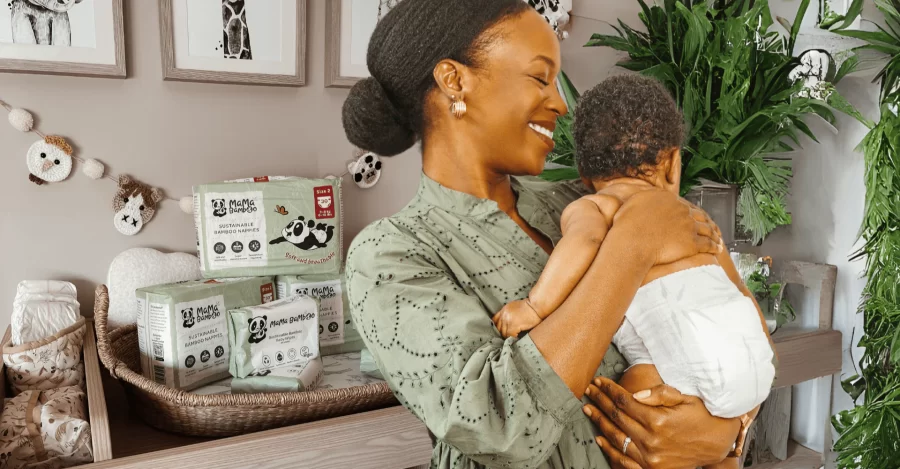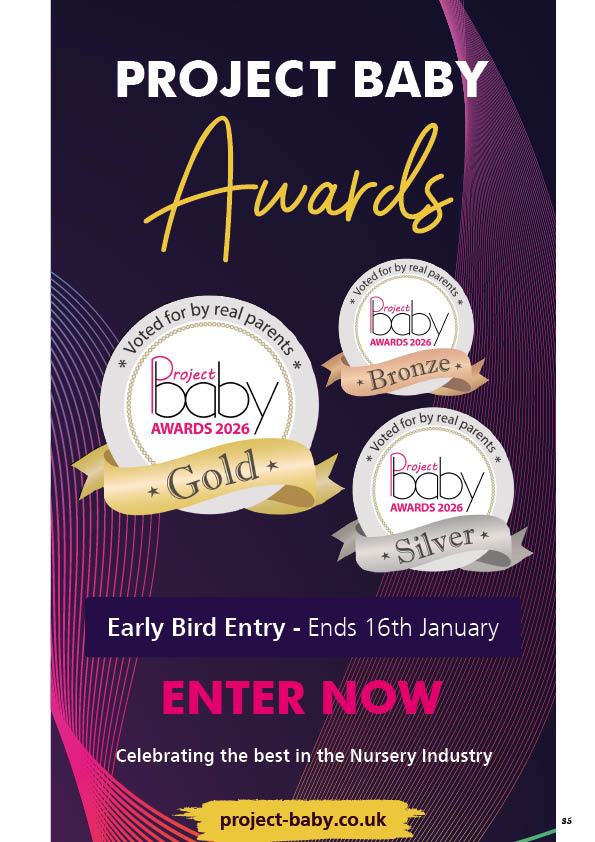When it comes to caring for babies, parents want the best of everything: safety, comfort, and quality. Among the most important considerations is the choice of materials used in products that come in direct contact with a baby’s skin, such as clothing, bedding, nappies, and wipes.
Nappy fabric is a key decision as your baby will be wearing their nappy 24 hours a day for the first 2 years of their lives and the skin around the nappy area is particularly thin and porous.
Until recently all disposable nappies were made using oil-based plastics, plastic liners and chemicals. Parents had to choose reuseable fabric nappies to avoid this. But now there are several well-established plant-based disposable brands available. There is a growing awareness about the benefits of these plant-based materials in baby care and many parents are choosing to switch to these more natural brands.
1. Hypoallergenic Properties
One of the biggest concerns for parents is preventing skin irritation or allergic reactions. Babies have delicate, sensitive skin that can react to synthetic chemicals, dyes, or other irritants commonly found in synthetic fabrics. Plant-based materials like organic cotton, bamboo, and hemp, on the other hand, are naturally hypoallergenic, meaning they are less likely to trigger allergic reactions or skin irritations.
Bamboo is grown without the use of pesticides, chemicals, or artificial fertilizers, making it a safer and gentler option for babiesí skin. Bamboo, known for its natural antimicrobial properties, can help reduce the risk of bacterial growth on the skin, preventing infections and promoting healthy skin.
2. Breathability and Moisture Wicking
Babiesí skin needs to breathe in order to stay healthy. Synthetic fabrics often trap heat and moisture against the skin, creating a perfect environment for rashes, irritation, and discomfort. Plant-based materials, however, are naturally more breathable and moisture-wicking, allowing air to circulate and preventing the build-up of moisture that can lead to skin problems.
Bamboo is renowned for its ability to wick moisture away from the skin, keeping babies dry and comfortable for longer periods.
This can help prevent common skin conditions such as nappy rash, eczema, and chafing.
Bamboo is also naturally breathable and temperate regulating like silk. This helps regulate a babyís body temperature, keeping them cool in warmer weather and warm during cooler months. These properties are crucial for babiesí overall comfort and skin health.
3. Gentle and Soft Texture
The softness of the material is another key factor in choosing what touches a babyís skin. Synthetic fabrics like polyester or nylon, which are commonly found in cheaper baby nappy brands, clothing and products, can be rough and abrasive against delicate skin. In contrast, plant-based fabrics such as organic cotton, bamboo, and flax fibres are naturally soft and smooth, providing a gentle touch that is ideal for a babyís sensitive skin.
Bamboo fabric, for example, is incredibly soft and has a softer-than-cotton feel that is perfect for babies.
4. Free of Harmful Chemicals
Another significant benefit of plant-based materials is that they are often free from harmful chemicals commonly used in the manufacturing of synthetic fabrics. Synthetic materials are often treated with flame retardants, dyes, and other chemicals to improve performance, but these chemicals can be harmful to babiesí skin and overall health. Many synthetic fabrics contain synthetic fibres, dyes, and chemicals that can potentially irritate the skin or even be absorbed into the body over time. Babies are particularly vulnerable to the effects of these substances,
as their skin is thinner and more permeable than that of adults.
Bamboo is grown without the use of synthetic chemicals, which means it is free from toxic pesticides, herbicides, and fertilizers, making it a safer choice for babies.
By opting for plant-based materials, parents can ensure that their babies are not exposed to harsh chemicals or toxins that could cause long-term health effects.
5. Sustainability and Eco-Friendliness
As consumers become more aware of their environmental impact, choosing sustainable and eco-friendly products has become increasingly important. Plant-based materials, especially organic cotton, hemp, and bamboo, are much more environmentally friendly than synthetic alternatives. The production of synthetic materials, like polyester and nylon, relies heavily on petroleum-based resources and contributes significantly to pollution and carbon emissions.
In contrast, plant-based fibres are renewable and biodegradable, making them a more sustainable option.
Bamboo is a highly renewable resource, growing quickly without the need for fertilizers or pesticides. It promotes soil health and reduces the impact on ecosystems.
By choosing plant-based materials for baby products, parents are not only protecting their childís skin but also taking a step toward a more sustainable and eco-conscious future.
Conclusion
When it comes to baby care, the materials used in products that touch the skin are critical.
Bamboo offers a wealth of benefits, from hypoallergenic properties to incredible softness, breathability, and sustainability. These natural fabrics are not only gentler on a babyís skin but also provide long-term health benefits and contribute to a healthier planet. By choosing bamboo nappies, parents can rest easy knowing they are providing the best care for their babies, both in terms of skin health and environmental responsibility.









